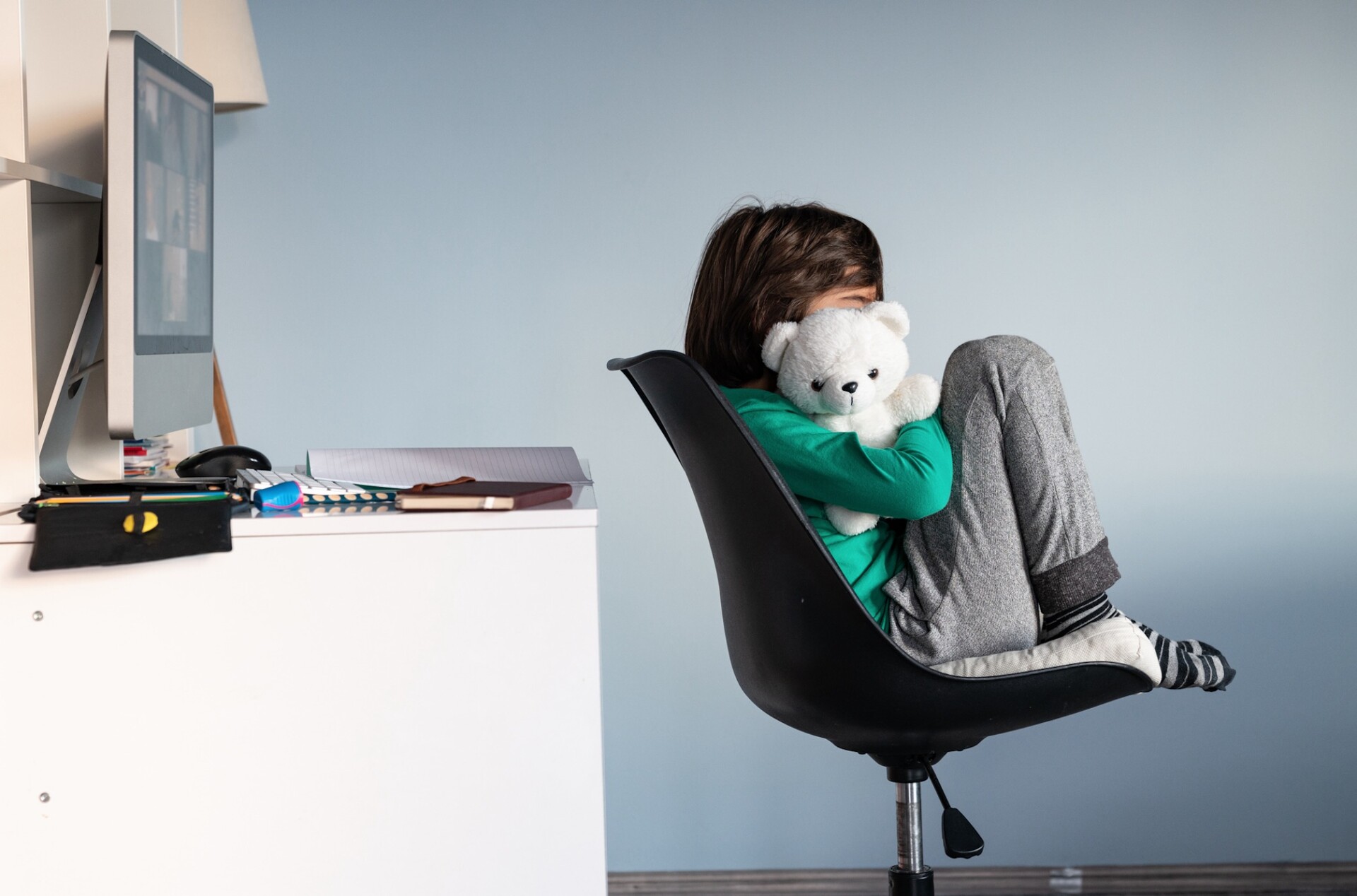New statistics have revealed the extent of the youth mental health crisis in England, and the strain it is putting on the NHS. According to figures reported by the Guardian, more than 500 children a day are being referred to mental health services for anxiety, over double the rate before the Covid-19 pandemic began. This means that a child is being referred literally every three minutes, with almost 4000 being referred a week.
How did we get here? Part of the problem has been our tendency to pathologise normal childhood and teenage experiences: parents and young people have internalised a more medicalised narrative of wellbeing, in which everyday experiences are rebranded in therapeutic language, and the expected struggles and challenges of adolescence are labelled as mental health issues. Yet greater self-diagnosis or self-reporting does not explain why record numbers of young people are self-harming, committing suicide, or being treated for eating disorders.
Part of the problem may be environmental: intensifying academic pressures, long-term effects of lockdowns, rising poverty levels, the cost-of-living crisis, climate anxieties. Tracking Oxford University Press’s Children’s Word of the Year is an eerie indicator of how children’s worlds and priorities have changed. In 2014, children voted for the word minion; then it became hashtag in 2015, refugee in 2016, Trump in 2017, plastic in 2018, Brexit in 2019, coronavirus in 2020, and anxiety in 2021. Last year it was climate change. The UK’s last decade of permacrisis has certainly not helped, but this cannot explain the full story: the rise in anxiety and depression in young people is found across the Western world.
A much more convincing argument, as advocated by social psychologist and author Jonathan Haidt, is that we have overprotected young people in the real world while failing to protect them in the virtual one, and this has fundamentally rewired children’s brains. The loss of “play-based” childhood has been crucial to this: our overemphasis on the “dangers” of the real world and our society-wide obsession with safetyism means that, in many ways, children are more supervised than ever, and so their brains stay in “defend” rather than “discovery” mode.
They therefore have fewer opportunities to develop resilience, self-reliance and other skills like risk-evaluation, because they are given insulation rather than autonomy. Last week presenter Kirstie Allsopp had to publicly defend her decision to let her 15-year-old son go travelling across Europe after being reported to a social worker, exemplifying our cautiousness when it comes to children’s experiences in the real world.
At the same time, however, we give young people far too much freedom in the virtual world, despite the fact that they are far more likely to come across dangers, criminals and perverts online than they are offline. Girls get sucked into the self-esteem crushing vortex of social media, while boys are more likely to become hooked on gaming and porn. Both miss out on character-building experiences because, as the sociologist Sherry Turkle puts it, they are “forever elsewhere”.
Across the Anglosphere, we therefore have a paradox of both increasingly paranoid and increasingly laissez-faire parenting, and when we consider how dramatically childhoods have changed in a relatively short space of time, perhaps the statistics are no longer so staggering. Are we really surprised that so many children are anxious, when we live in a society where a third of children do not have access to any nearby playgrounds, and yet the average two-year-old already has access to an iPad?











Join the discussion
Join like minded readers that support our journalism by becoming a paid subscriber
To join the discussion in the comments, become a paid subscriber.
Join like minded readers that support our journalism, read unlimited articles and enjoy other subscriber-only benefits.
Subscribe